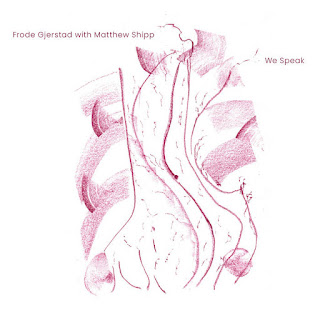By Paul Acquaro
I’ve been thinking about extended technique and the saxophone a bit lately, and I am starting to come up with a taxonomy, a classification scheme, if you will, of the various sound possibilities and their application. For example, there are the extended tonal systems that musicians like Evan Parker and John Butcher have developed and extended, rich panoplies of sounds that when you hear it, you can immediately identify the source. This extends, in my nascent system, to titans like Peter Brötzmann whose blasts belong to his own unique vocabulary. Then, there is the over-blowing that add emphasis and takes the listener out to the unknown, like, for example in Tony Malaby’s playing.


